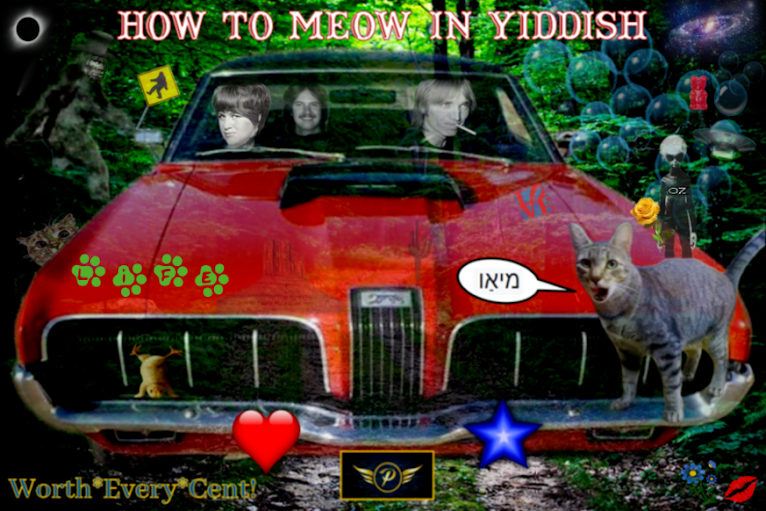You Must Be Born Again
John 3:1-21
3 Now there was a man of the Pharisees named Nicodemus, a ruler of the Jews. 2 This man came to Jesus[a] by night and said to him, “Rabbi, we know that you are a teacher come from God, for no one can do these signs that you do unless God is with him.” 3 Jesus answered him, “Truly, truly, I say to you, unless one is born again[b] he cannot see the kingdom of God.” 4 Nicodemus said to him, “How can a man be born when he is old? Can he enter a second time into his mother's womb and be born?” 5 Jesus answered, “Truly, truly, I say to you, unless one is born of water and the Spirit, he cannot enter the kingdom of God. 6 That which is born of the flesh is flesh, and that which is born of the Spirit is spirit.[c] 7 Do not marvel that I said to you, ‘You[d] must be born again.’ 8 The wind[e] blows where it wishes, and you hear its sound, but you do not know where it comes from or where it goes. So it is with everyone who is born of the Spirit.”
9 Nicodemus said to him, “How can these things be?” 10 Jesus answered him, “Are you the teacher of Israel and yet you do not understand these things? 11 Truly, truly, I say to you, we speak of what we know, and bear witness to what we have seen, but you[f] do not receive our testimony. 12 If I have told you earthly things and you do not believe, how can you believe if I tell you heavenly things? 13 No one has ascended into heaven except he who descended from heaven, the Son of Man.[g] 14 And as Moses lifted up the serpent in the wilderness, so must the Son of Man be lifted up, 15 that whoever believes in him may have eternal life.[h]※※※Mikvah (Baptism): The Connection Between Immersion, Conversion and Being Born Again
Many Christians think that baptism originated with Yeshua’s (Jesus’) cousin Yochanan (John), who is known in the Bible as “John the Baptist.”
But baptism is a Biblical ritual that has been practiced regularly by all of Israel since the days of Moses.
The word baptism comes from the Greek word baptizó, which primarily means a thorough change of condition accomplished through immersion. It is written in Bibles to take the place of the Hebrew word tevilah (to totally immerse).
This ritual immersion in water is carried out in a mikvah, which is a Hebrew word meaning gathering of waters.
An Israeli mikvah (immersion site for ritual cleansing) for men.
For the observant Jew, the mikvah personifies both the womb and the grave and consequently, rebirth. It is regarded as a pure, unadulterated avenue of connection with God; and for that reason, it is a place where hope is reawakened and strengthened.
The mikvah, therefore, plays an important role from preparation for marriage and Yom Kippur to the purification of menstruant women.
Tevilah (full-body immersion) marks a change of status from being tamay to tahor—ritually unclean (impure or unfit for the presence of God) to ritually clean. This is necessary because anytime a person is to come into the presence of God, they must come tahor (pure).....
Entering a mikvah, therefore, is commanded in Scripture for a number of common life events.
For example, it was forbidden to come into the presence of God in the Temple without first passing through a mikvah (today, Chassidic men, or ultra-Orthodox Jews, enter the mikvah before Shabbat, and some even go every day of the week before morning prayers).
Scripture instructs that anyone who becomes ritually unclean through contact with a dead or diseased person needs to be immersed in water before re-entering the Temple.
Before entering the Temple, Jewish men immersed themselves in a mikvah, such as this one from the Second Temple period.
A mikvah was also to take place after a leper had been declared healed by the priest.
“The Lord said to Moses, ‘These are the regulations for the diseased person at the time of his ceremonial cleansing… He must wash his clothes and bathe himself with water and he will be clean.’” (Leviticus 14: 1–4, 7, 9)
and so on....
All of that was in aid of my rather plain opinion that what Jesus was talking about was a change of state. Among other things, internalizing the word of God, instead of cookbooking it by following rules. Following rules would not cut it anymore.
There is a plain sense in which we are reborn constantly just by the processes of life and the passing of time. Each morning is a kind of rebirth. All the events of life are changes in state.
Nicodemous sounds to me like he was not arguing honestly. He knew all about change of state. Maybe he wanted to be reassured that he was doing it all right.
He got a rather bracing answer in that case.
So, please tell me, how would you plainspeak this new state...so new that it's a new kind of rebirth, a transcendent rebirth like had never been before?
How does it work? What does it look like? How does it change a person?






%20(1).jpg)
.jpg)

.jpg)

.jpg)




No comments:
Post a Comment